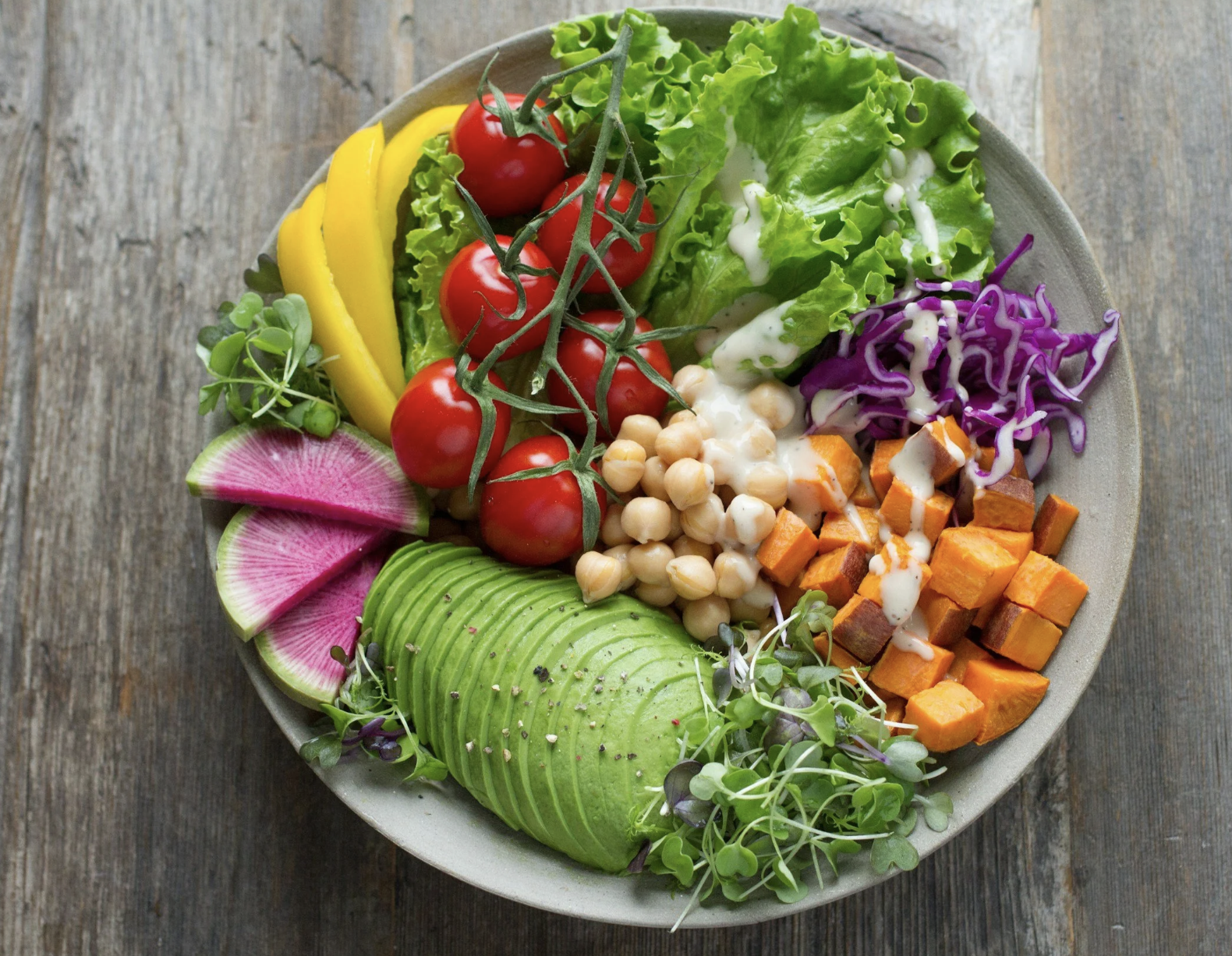
There Is No Quick, Easy Fix for Fat Loss — Here’s Why (and What to Do Instead)
How to successfully hit your goals this January and avoid burn out
The Truth About Going Vegan: Why It’s Easier (and Healthier) Than You Think

🌱 How to Choose a High-Quality Vegan Protein Powder 🌱
Why carbs are essential (and why a plant based diet

Why drink Matcha?
Like green tea, matcha is high in antioxidants, including catechins, which may help prevent cell damage and lower your risk of certain diseases. Some studies also suggest that the catechins and caffeine found in matcha may have a mild benefit in weight loss and management
If you struggle with focus, Matcha may be the tea for you. The caffeine in matcha can increase alertness and energy, while the L-theanine aids in relaxation and focus. This power combo stimulates creative thinking and increase productivity, great for students!
EGCG catechin (a type of antioxidants) that is thought to have anti-inflammatory and protective properties. Matcha also improves relaxation and increases focus. It contains high levels of L-theanine, which promotes a sense of overall well-being and calmness.
In addition to its calming benefits, Matcha has also been proven to reduce ageing. The antioxidants present in matcha boost the blood circulation in the skin, which can make it glow and helps increase your natural collagen levels— leading to softer, smoother, and firmer skin! In addition to antioxidants, matcha also contains methylxanthines that help to boost microcirculation in the skin giving your skin a dewy complexion too!
Matcha versus coffee
Coffee lovers cover your ears, Matcha contains significantly more antioxidants than coffee. In fact, it could contain more antioxidants than just about anything else you put in your body, with 18 times the amount of antioxidants as blueberries. A whopping 1,384 ORAC units! Coffee by comparison contains relatively few antioxidants, 200 to 550 milligrams per cup.
How to shop for Matcha
Know your Matcha Types
* Ceremonial Matcha
* Premium Matcha
* Culinary Matcha
The difference is the level of work that goes into matcha production. Japanese matcha is labor intensive so it is more expensive than Chinese matcha. However, the quality and safety assurance of Japanese is almost worth paying more for
Excellent quality Matcha should have a vibrant jade green color. Low quality Matcha has a dull green color, because of insufficient shading prior to harvest, or improper de-stemming of the dried leaves prior to grounding.
Look for ceremonial grade, Matcha, as this is the highest quality, Matcha, preferably organic ceremonial grade as non-organic matcha tea powder not only affects the quality and health benefits but also has an impact on the environment. Organic matcha is grown without the use of synthetic pesticides, herbicides, or chemical fertilizers, which promotes sustainable farming practices!
How to enjoy matcha
Mix 1 teaspoon of Matcha with 1/4 cup hot water whisk and pour cold water over top. This will protect the Matcha from being damaged from heat so that you will get the most out of the benefits!
Do not drink your Matcha very early in the morning. Avoid drinking Matcha on an empty stomach. It can lead to stomach upset. Don't drink Matcha tea at the same time as your main meals, as it can reduce the absorption of vitamin B1 in your body, which leads to a condition named Beriberi.
Drinking matcha on an empty stomach can potentially exacerbate the effects of tannins and catechins, leading to an increased likelihood of experiencing nausea. Have a light snack before consuming Matcha to avoid stomach discomfort.
I like to drink my Matcha, without milk and I add Stevia.

Top 5 best sources of vegan protein

Cooking Oils, which one is right for you?

Benefits of training barefoot

When to eat your meals to get the most out of your workouts.

Why I love supersetting exercises
How to stay consistent and focused with the gyms closed

How I stay motivated
It all begins with an idea.
